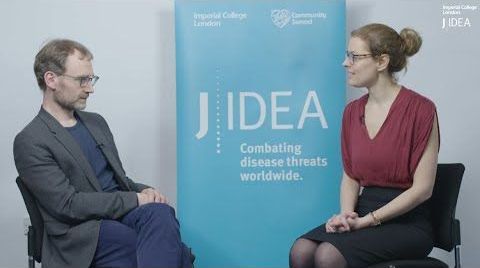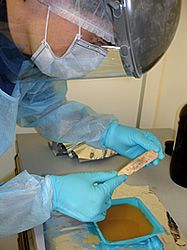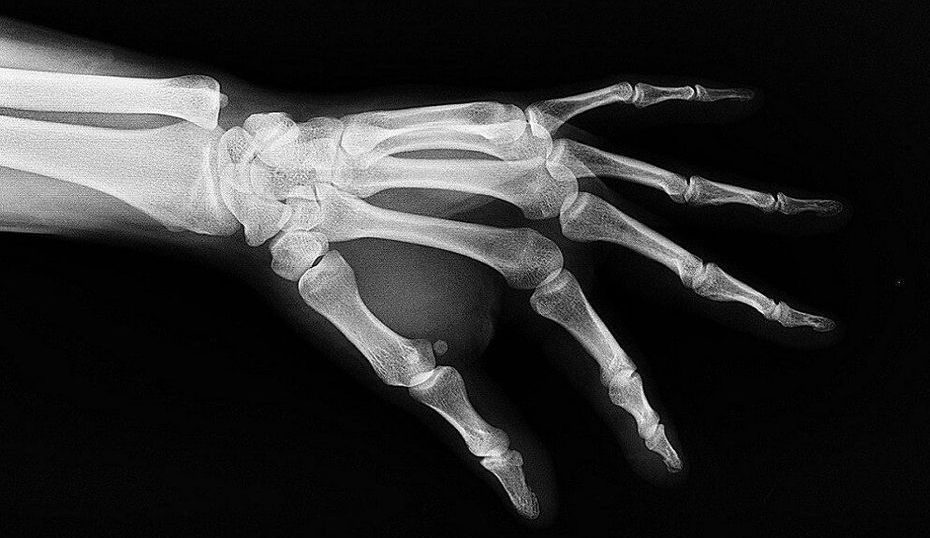First wave 🌊.
Your questions answered — an update (11−03−2020): Professor Neil Ferguson on the current status of the COVID-19 Coronavirus outbreak, case numbers, intervention measures and challenges countries are currently facing.
Read all reports including estimates of epidemic size, transmissibility, severity, phylogenetics, undetected cases, prevalence and symptom progression here: https://www.imperial.ac.uk/mrc-gida
The Abdul Latif Jameel Institute for Disease and Emergency Analytics (J-IDEA) brings together global health researchers in the School of Public Health at Imperial College London. Drawing on Imperial’s expertise in data analytics, epidemiology and economics, J-IDEA improves our understanding of diseases and health emergencies in the most vulnerable populations across the globe. The Institute links governments, research institutions and communities to develop practical and effective long-term solutions, shape health policy and deliver better quality of life for all.
Abdul Latif Jameel Institute for Disease and Emergency Analytics (J-IDEA)









